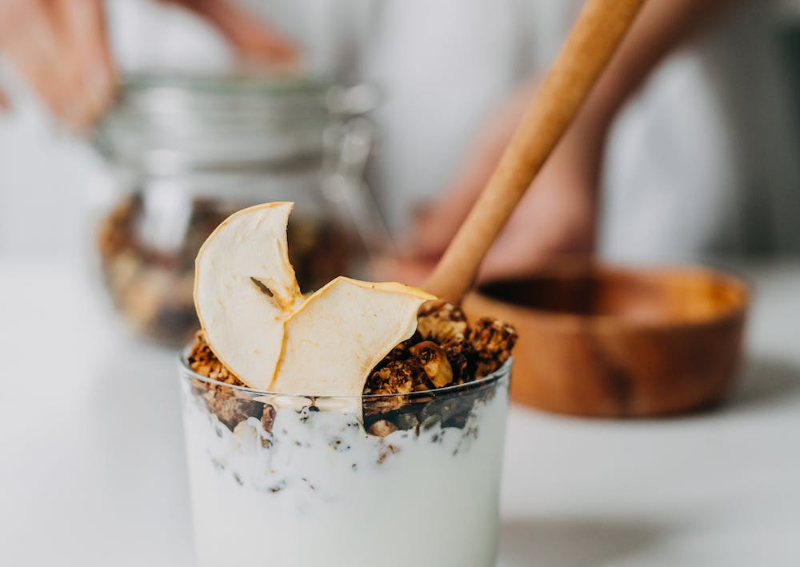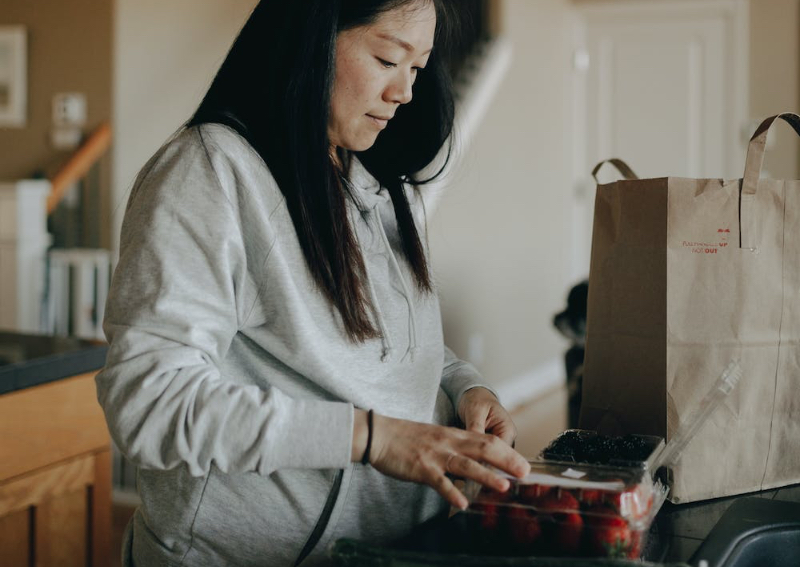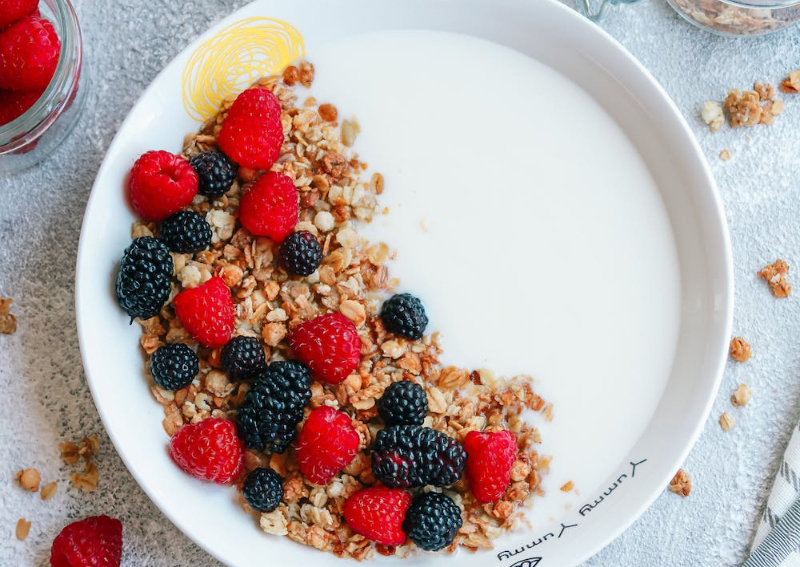Fibre and pregnancy: Why every expectant mum should prioritise this nutrient

How's your fibre intake, pregnant mums?
Pregnancy is considered to be one of the most important phases of a woman's life. It is a time of great physical and emotional change and requires special attention to ensure optimum health for the mother and her growing baby.
One of the most important nutrients for pregnant women is fibre. Fibre has numerous benefits that can benefit both the pregnant mother and her unborn baby, including improving regular digestion, reducing the risk of gestational diabetes, and can even reduce the risk of preterm birth.
In this article, we will discuss the benefits of fibre during pregnancy, its sources, and how much pregnant women need in a day.

Eating fibre during pregnancy is essential for the health of both the mother and her baby. Below are some of the main benefits of including this nutrient in your diet:
Eating a diet high in fibre can help to reduce constipation, which is a common pregnancy symptom. Fibre helps to add bulk to stool, which helps it to move through the intestine more quickly and easily.
Fibre can help to reduce the amount of cholesterol in the body, which is important for pregnant women since high cholesterol can increase their risk of developing cardiovascular problems.
Eating foods high in fibre can help to regulate blood sugar levels, which reduces the risk of developing gestational diabetes.
Fibre can help to regulate hunger and keep you feeling fuller for longer, which can help to prevent overeating and aid in weight management.

A lack of fibre can have a number of negative consequences. Without enough fibre, pregnant women can feel bloated and constipated, and can suffer from poor digestion, which can cause abdominal pain and nausea.
Pregnant women need adequate amounts of fibre in their diet to help maintain their health and support the growth and development of the baby. These sources include:

Pregnant women need to get plenty of fibre during their pregnancy from a range of nutritious foods. Eating fibre-rich foods helps to keep the digestive system regular and ensures pregnant women get the important vitamins and minerals they need for a healthy pregnancy.
The recommended daily intake of fibre for pregnant women is 28 grams, which is slightly higher than the 25 grams recommended for non-pregnant women. It's recommended that pregnant women consume 25 to 30 grams of fibre per day, but it's always best to check with your healthcare provider to ensure you are meeting your specific needs.

Fibre is an important nutrient during pregnancy. It helps with digestion, can reduce the risk of some diseases, and provides a feeling of fullness which can help to prevent overeating and unhealthy food cravings.
It's important for pregnant women to prioritise their fibre intake to support both their own health and the development of their baby. While incorporating fibre-rich foods into their diet is a great place to start, it's always best to consult with a healthcare provider to ensure individual needs are being met.
If you have any questions or concerns about your diet during pregnancy, be sure to discuss them with your doctor or a registered dietitian.
This article was first published in theAsianparent.
ALSO READ: Extended breastfeeding: Is it for you and your toddler?